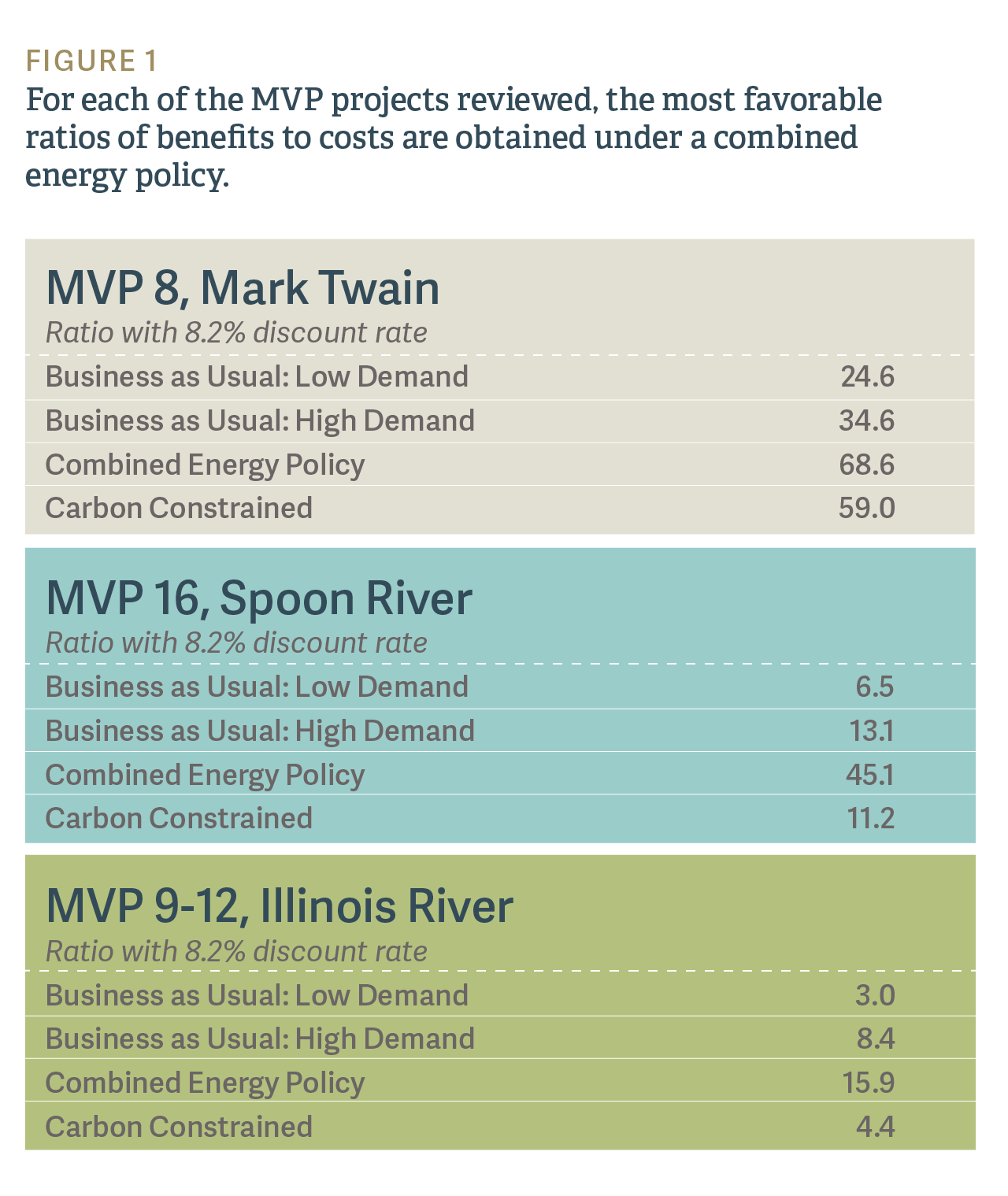-
Assessing Transmission-for-Renewables Projects
The upper Midwest region faces a common climate policy dilemma: often, the best resources for generating low-greenhouse gas (GHG) electricity from renewable energy are located far away from the customers who use that electricity. To address the problem, the Midcontinent Independent System Operator (MISO) designed and supported development of 17 transmission projects – so-called Multi Value Projects (MVPs).

Development of these substantial but distant wind resources is part of MISO’s ambitious program aimed at helping its member states meet state-level renewable portfolio standards and other energy policy goals, including reduced congestion on the grid, increased reliability, accommodation of new or growing loads, local economic development, and management of climate risks. The success of MISO's program requires development of additional and cost-effective transmission infrastructure.
On behalf of the project developers, Analysis Group provided system-dispatch and economic analysis for 7 of MISO's 17 MVPs, supporting more than 2,300 megawatts of new wind power in the MISO footprint. The analysis found that the projects generated reductions in production costs that were in excess of the costs of the transmission lines, yielding ratios of benefits to costs that ranged as high as 69 to 1. Analysis Group’s team, led by Principal Todd Schatzki and including Managing Principal Pavel Darling, performed the analyses using PROMOD, an industry-standard market simulation model. Dr. Schatzki also provided testimony on MVP elements before state public utility commissions in Minnesota, Missouri, and Illinois.
MISO’s wind program provides an example of transmission projects developed under regional (RTO) transmission tariffs to support policy or economic objectives, and represents the type of public policy projects envisioned by FERC in Order 1000. For example, Iowa – one of the western-most MISO states and one with abundant wind resources – has become a leader in wind energy generation, second only to Texas with nearly 7,000 MW of installed wind capacity. Analysis of economic impacts plays an important role in RTO/ISO planning for transmission projects with a focus on policy and economic goals, rather than power system reliability alone. With regional and national energy policy goals in focus, economic analysis of new transmission is necessary for properly aligning costs with benefits; assessing region-wide, as well as cross-regional, impacts; and demonstrating to regulators that the projects are warranted. ■

This feature was published in June 2017 and is associated with our Energy Infrastructure page.

